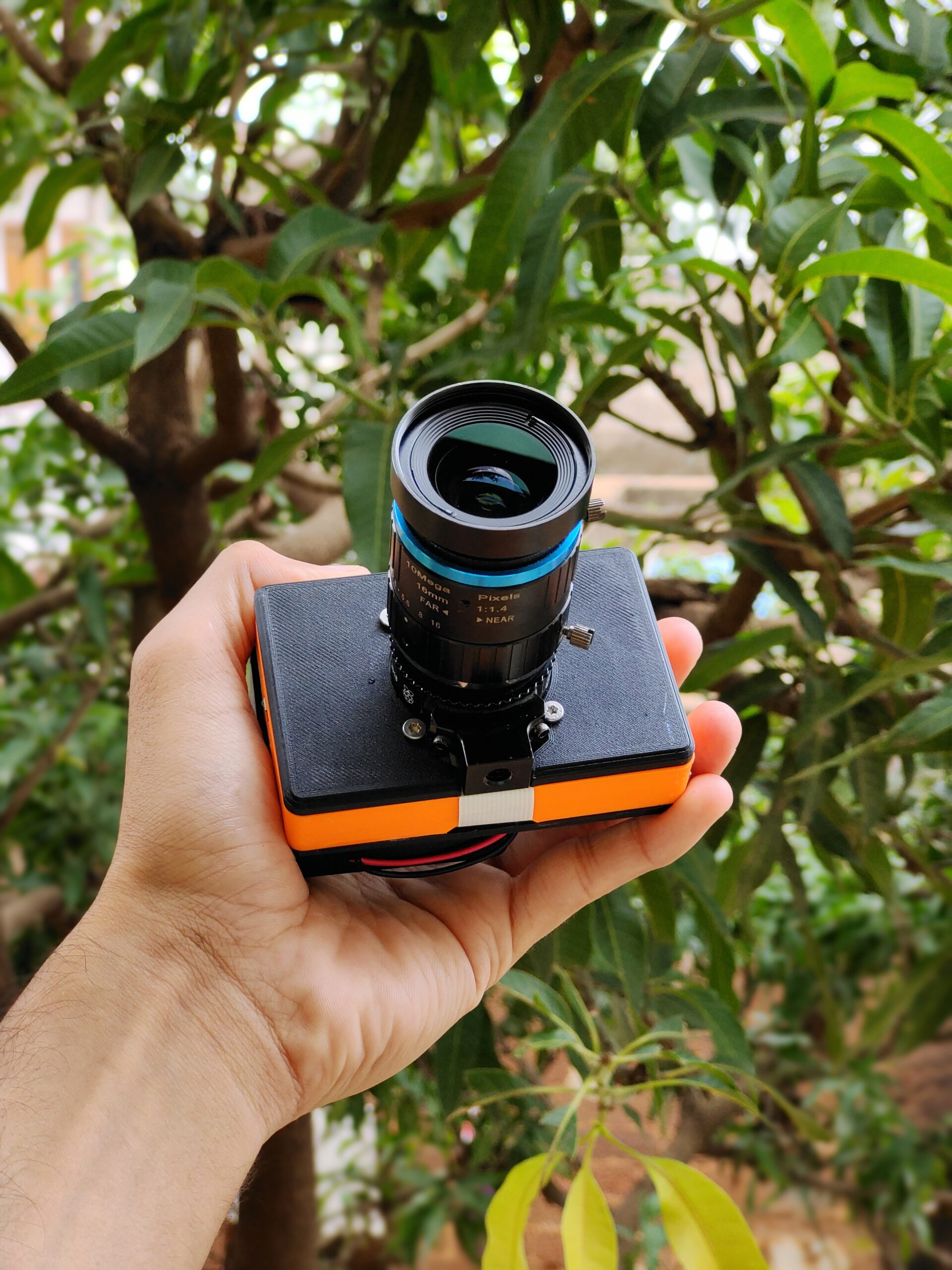How can the Raspberry Pi 3 serve as a remote agent, and why is it becoming an essential tool for developers worldwide? The Raspberry Pi 3 has emerged as a revolutionary device in the tech world, transforming how remote development is approached. Its affordability, versatility, and compatibility with various platforms like PlatformIO make it an ideal choice for both hobbyists and professionals. By integrating tools such as rpi-imager and utilizing advanced software solutions, users can seamlessly set up their Raspberry Pi 3 as a remote agent. This setup not only simplifies complex tasks but also enhances productivity by allowing developers to work from anywhere in the world.
The process begins with preparing the SD card using rpi-imager, ensuring that the boot partition is correctly mounted. Within this partition, creating an empty file plays a crucial role in initializing the system. For those who may face challenges during the setup, patience is key, as some installation steps might take longer on the Raspberry Pi 3 due to its hardware limitations. A system-wide installation of PlatformIO often proves more effective than virtualenv installations, especially when the device is dedicated solely to specific projects. This method ensures smoother operations and minimizes potential conflicts with other applications.
| Personal Information | Details |
|---|---|
| Name | Raspberry Pi Foundation |
| Location | Cambridge, United Kingdom |
| Founded | 2012 |
| Website | Raspberry Pi Official Website |
| Career Highlights | Pioneering affordable computing devices for education and innovation |
| Professional Achievements | Developed multiple versions of Raspberry Pi boards; fostered global community engagement |
PlatformIO Remote Development Solution further amplifies the capabilities of the Raspberry Pi 3 by enabling seamless remote access to devices irrespective of geographical locations. This feature empowers developers to manage their projects effortlessly without being tied down to physical proximity constraints. Whether you're coding at home or traveling across continents, your devices remain accessible through intuitive interfaces provided by PlatformIO. Such flexibility revolutionizes traditional workflows, making them more dynamic and adaptable to modern demands.
For instance, consider a scenario where a developer wishes to program a Teensy 4.1 microcontroller connected to a Raspberry Pi 4 via BalenaOS—a Docker-based deployment platform. Here, the integration between these technologies demonstrates how interconnected systems enhance functionality while reducing complexity. Utilizing curl scripts within containerized environments allows precise control over embedded hardware components, thereby streamlining entire processes significantly.
Another approach involves leveraging Visual Studio Code (VS Code) alongside its Remote-SSH extension to create and execute files remotely on the Raspberry Pi directly from your personal computer. Installing the necessary extensions transforms VS Code into a powerful IDE capable of handling intricate tasks associated with embedded systems programming efficiently. Developers benefit immensely from having all essential tools consolidated under one roof, enhancing overall efficiency and effectiveness.
Unlocking the full potential of embedded software development becomes feasible through PlatformIO's collaborative ecosystem. Embracing declarative principles, test-driven methodologies, and cutting-edge toolchains propels projects toward unparalleled success levels. With support spanning diverse architectures including ARM processors commonly found in single-board computers like Raspberry Pi, BeagleBone, and CubieBoard, PlatformIO caters comprehensively to varied needs within the industry.
Managing repositories effectively remains critical for maintaining organized workflows. Combining GitHub services with local setups offers dual advantages—centralized version control coupled with offline accessibility whenever required. An excellent example includes configuring Raspberry Pi running Raspbian Lite OS alongside PlatformIO to handle iPad development tasks smoothly. Such configurations exemplify practical applications derived from combining open-source philosophies with robust technological frameworks.
Lastly, exploring libraries such as 'Arduino Audio Tools' integrated into PlatformIO provides additional avenues for experimentation and learning. Testing projects involving ESP32 microcontrollers equipped with debugging features opens doors towards deeper insights about audio processing capabilities available today. Overcoming initial hurdles related to configuration settings ultimately leads to rewarding experiences characterized by enhanced understanding and mastery over underlying mechanisms driving contemporary electronics innovations.



